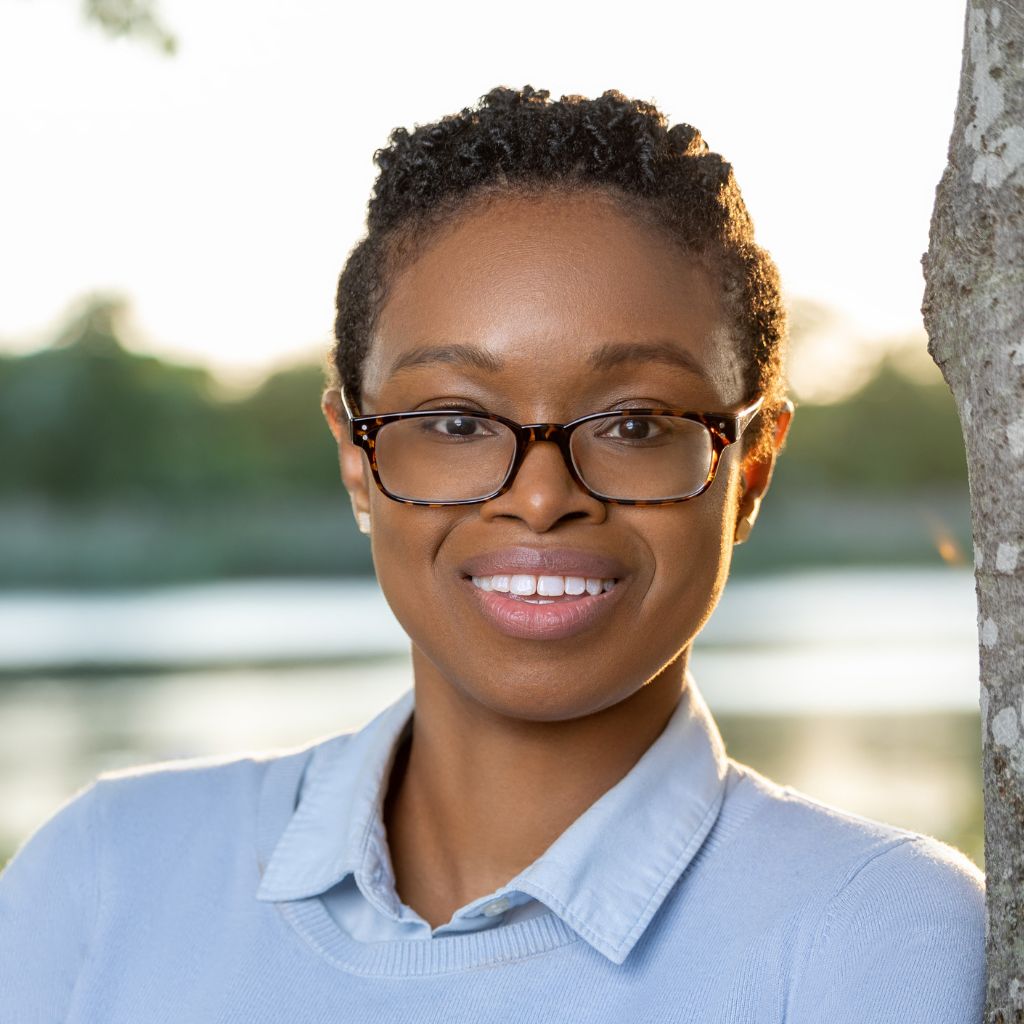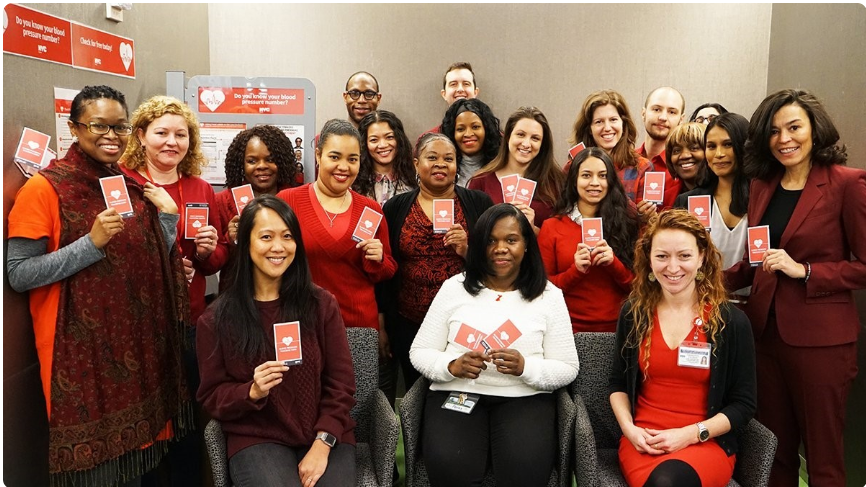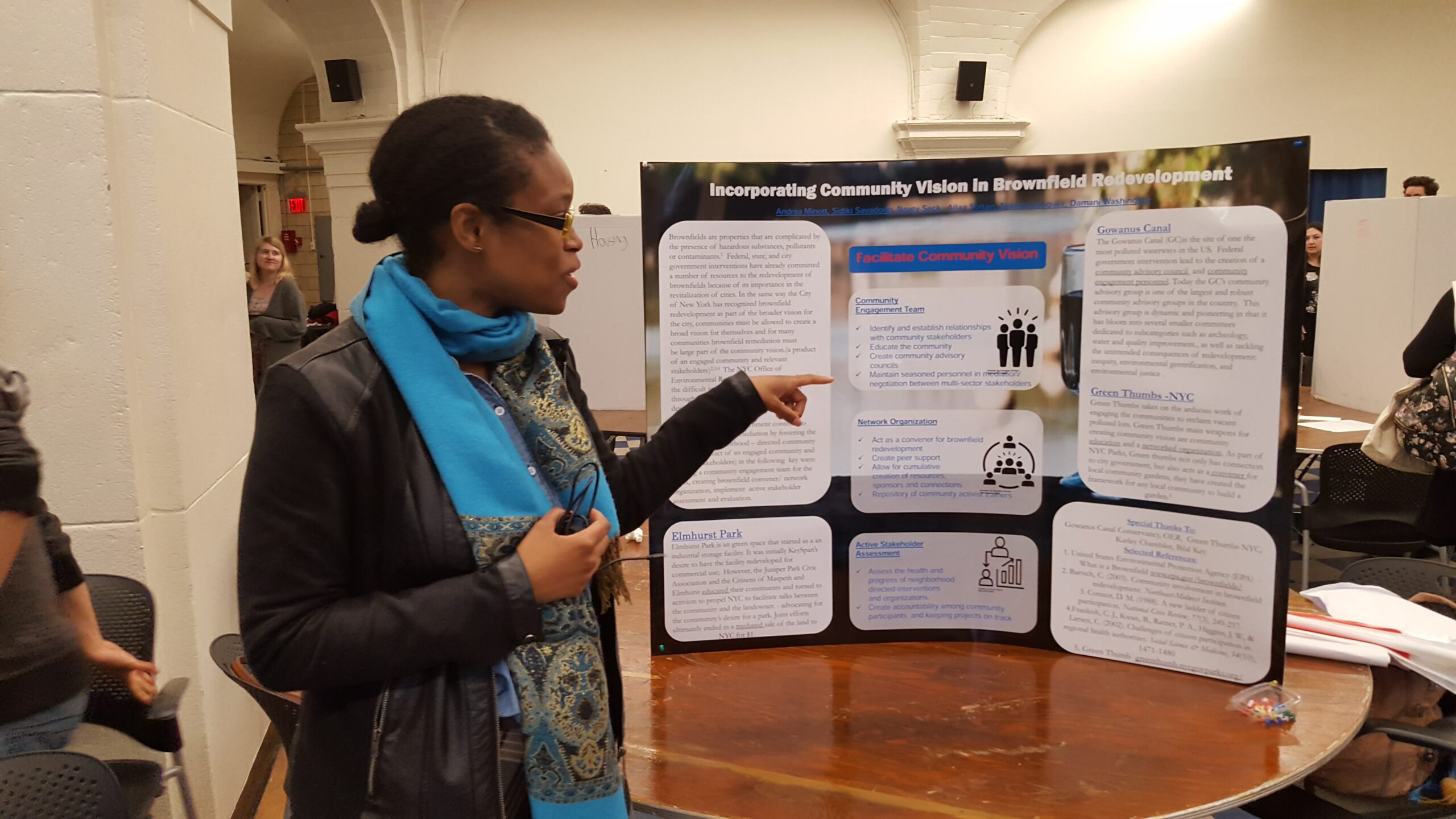
Following medical school, there are a number of options future physicians can take, from matching directly into a residency program to pursuing further education. We interviewed Dr. Ayanna Vasquez, who recently was accepted to a Preventive Medicine Residency at the University of Wisconsin-Madison, which offers enrollment at the university’s Master of Public Health (MPH) program. In addition, she was recently awarded the American Cancer Society’s Physician Training Award in Cancer Prevention, providing full funding support. We interviewed Dr. Vasquez to learn about her professional and academic career and how ProFellow and the Fully Funded Course and Mentorship Program helped her become a competitive candidate for awards.
A preventive medicine residency is a two to three-year program that helps medical school graduates broaden their expertise in public and population health. Residents can gain professional experience and training in community and public health agencies at the federal, state, and local levels while earning a master’s degree in public health.
Can you tell us about your background and professional journey? After completing medical school, what led you to the Preventive Medicine Residency program?
Preventive medicine as a career was unknown to me until a few years ago. Being a child of Caribbean immigrants, the career options I was exposed to included being a doctor, lawyer, scientist, or engineer, without a deep understanding of the diversity in any of these fields. However, by providence, I was already learning aspects of preventive medicine without even knowing it. As a high school summer intern at Columbia University, I was introduced to epidemiology. As an undergraduate student at Cornell University, I learned about the intersection between science and society. Both periods allowed me to gain the knowledge and skills I draw upon today.
I credit my journey and fortuitous employment at the New York City Department of Health and Mental Hygiene, working with preventive medicine physicians Dr. Shadi Chamany and Dr. Beth Seltzer, for leading me to this new career. Under their tutelage, I was able to experience preventive medicine in action.
How does the residency program application and match process work for medical school students?
An excellent first step is to start a conversation with the Dean’s Office at your medical school (or corresponding equivalent) about your intention to apply for a residency at least 1.5 years before entering the training. Second, understand and follow your school’s procedure to complete the process. Those familiar with the process will eventually direct you to the Association of American Medical Colleges (AAMC) online residency platform: Electronic Residency Application Service (ERAS). This service is available to all US-educated medical students, residents, and physicians. International medical students will use the Educational Commission for Foreign Medical Graduates online platform. The application period opens every summer and closes in September. In addition, the American College of Preventive Medicine (ACPM) has a matching service for preventive medicine residencies known as the Standard Acceptance Process (SAP). You can contact the ACPM and your interviewers to learn more about this process.
Of note, in 2023, the SAP match process occurred earlier in the academic year (January) than the well-known National Resident Matching Process.

As part of your application process, you participated in the Fully Funded Course and Mentorship Program. How did it benefit you as you applied to graduate programs and funding awards?
For me, the Fully Funded Course and Mentorship Program, created by ProFellow Founder Dr. Vicki Johnson, was a great accountability partner in this process of applying to competitive programs and awards. In contrast to earlier attempts, this program made the process manageable.
Applying as a mid-career professional can be lonely. You are not in a traditional school cohort and therefore do not have the same emotional or technical support. With Dr. Vicki Johnson’s Fully Funded Course, I was once again part of a group focused on applying to graduate-level programs or fellowships. This new cohort gave me a sense of unity because we were all unconventional applicants. Together we asked questions, provided feedback, and held each other accountable.
Mentorship received through live video calls and the online course supplied necessary feedback and direction. When aspects of the process were overwhelming, ProFellow’s course gave me a sense of belonging and confidence in my application.
You received the American Cancer Society’s Physician Training Award in Cancer Prevention, a grant that funds preventive medicine residency training for physicians interested in cancer prevention. What drew you to this area and how you were nominated for this award?
Cancer is still among the top 5 leading causes of death for all Americans ages 25 and older. Per the American Cancer Society, 1 in 3 persons identifying as Black/African-American and 1 in 5 persons identifying as Hispanic will be diagnosed with cancer in their lifetime. These high cancer incidence and mortality rates are in the setting of systemic racism, even within the healthcare system. For those living with cancer, it can be life-changing. The ripple effects of a cancer diagnosis move beyond the patient and may disrupt families and communities.
The American Cancer Society created the Physician Training Award in Cancer Prevention to galvanize preventive medicine residents as “leaders in research, education, and/or intervention.” The residency program nominates an incoming resident who has demonstrated an interest in cancer prevention and control training. The nomination requires a personal statement outlining current or past work related to cancer prevention and a biographical sketch.
My application stood out to the committee as I already had an extensive background in preventive medicine and skills in disease surveillance with my MS in epidemiology. My prior work experience perfectly aligned with the goals of the society’s award.

You currently work at the Centers for Disease Control and Prevention Foundation, the CDC’s non-profit arm. Did this current position influence your decision to explore preventive medicine? Do you think having professional experience in related fields is useful for residency applications?
CDC Foundation (CDCF) is a non-profit that “support[s] the Centers for Disease Control and Prevention’s critical health protection work.” During the COVID-19 pandemic, the CDCF supported local and state public health departments in multiple ways. One way was by quickly growing the technical, administrative, and content public health workforce to meet the challenges of the COVID-19 pandemic. In exchange, experts like me were able to build upon our experience in local and state-level public health.
Aiding local and state health departments in epidemiological work refined my preventive medicine aspirations. In addition, working with preventive medicine colleagues influenced my understanding of how medicine, public health, and the community interact, allowing me to build a relevant portfolio. Future colleagues in any field appreciate examples and demonstrations of your commitment to an area of expertise.
What application tips would you give other physicians interested in undertaking a program that allows you to complete both a preventive medicine residency and an MPH?
Preventive medicine residencies are a great way to earn an MPH. However, not all programs provide a fully funded MPH. Therefore, take Dr. Johnson’s advice and take time to research. As a lover of spreadsheets, I enjoyed the Fully Funded Course and Mentorship Program’s workbook and research exercises, which helped me to identify a residency program’s mission and correlate it with my training objectives and future goals.
Start early. Begin your future preventive medicine career before entering residency – network with future colleagues and engage in projects that align with your passion.
Finally, Dr. Johnson recommends answering all application questions. Due to the tediousness of the process, applicants may overlook the optional supplemental application. However, as Dr. Johnson advises, nothing is optional. The supplement application is an opportunity to go beyond the personal statement and highlight lived experiences.
Interested in applying to graduate school and fully funded graduate programs? Learn more about the Fully Funded Course and Mentorship Program, ProFellow’s signature program for graduate school and fellowship applicants.

© 2023 ProFellow, LLC, all rights reserved.